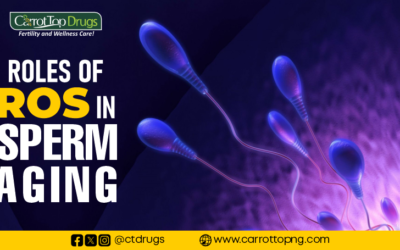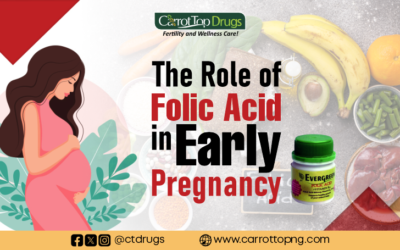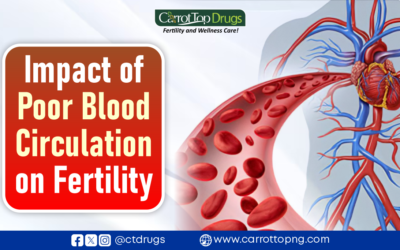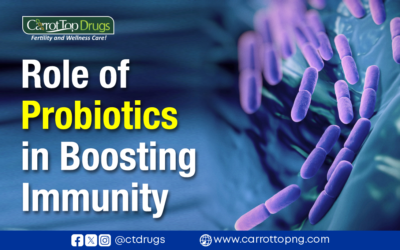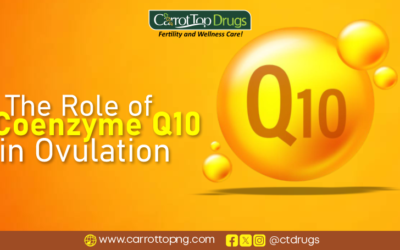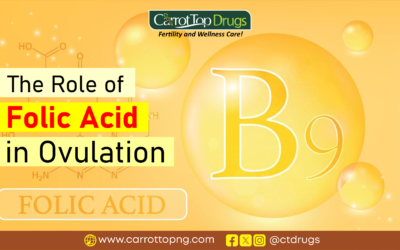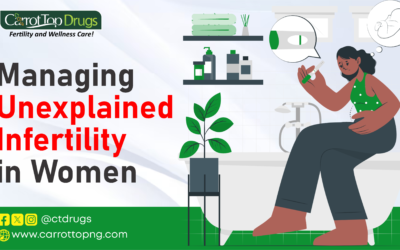Nutrition is key when trying to conceive so as to have a healthy body for pregnancy and experiencing a healthy pregnancy.
Nutritional deficiencies have been linked to ovulation issues, hormonal imbalance, poor egg health and low sperm count. Every cell in our bodies that make up our organs, create hormones and enzymes that make us function and these are created by the nutrients we take in through the foods we eat. If this is being compromised due to a poor diet or poor digestion the side effects could affect fertility.
There are several vitamins and minerals
Vitamin D: Vitamin D is needed to help the body create sex hormones which in turn affects ovulation and hormonal balance.
Vitamin E: This nutrient has been shown in studies to improve sperm health and motility in men.
Vitamin C:Vitamin C improves hormone levels and increases fertility in women with luteal phase defect. As for men, vitamin C has been shown to improve sperm quality and protect sperm from DNA damage; helping to reduce the chance of miscarriage and chromosomal problems. Vitamin C also appears to keep sperm from clumping together, making them more motile.
Vitamin C is an antioxidant which may strengthen the immune system. It is needed for the growth and repairs of tissues, the formation of collagen, the healing of wounds, and may also protect blood vessels. Vitamin C improves hormone levels and increases fertility in women with luteal phase defect.”
B6:Vitamin B6 may be used as a hormone regulator. It also helps to regulate blood sugars, alleviates PMS, and may be useful in relieving symptoms of morning sickness. B6 has also been shown to help with Luteal Phase Defect.
B12:Vitamin B12 has been shown to improve sperm quality and production. It may also help boost the endometrial lining thus decreasing the chances of miscarriage. Some studies have found that deficiency in B12 may increase the chances of irregular ovulation, and in severe cases stop ovulation altogether.
Folic Acid: Folic Acid is a B vitamin which contributes to normal maternal tissue growth during pregnancy. Adequate folic acid intake during the preconception period, the time right before and just after a woman becomes pregnant, helps protect against a number of congenital malformations, including neural tube defects (which are the most notable Birth defects that occurs from folic acid deficiency). The risk of neural tube defects is significantly reduced when supplemental folic acid is consumed in addition to a healthy diet prior to and during the first month following conception. Folic acid has also shown to reduce the risk of congenital heart defects, cleft lips, limb defects, and urinary tract anomalies. Folic acid deficiency during pregnancy may also increase the risk of preterm delivery, infant low birth weight, fatal growth retardation, and spontaneous abortion and pregnancy complications.
Therefore, it is recommended that women who are pregnant or are planning to become pregnant take 800 microgram folic acid daily.
Iron:Studies have shown that women who do not get sufficient amounts of iron may suffer anovulation (lack of ovulation) and possibly poor egg health, which can inhibit pregnancy at a rate 60% higher than those with sufficient iron stores in their blood.
Zinc:In women, zinc works with more than 300 different enzymes in the body to keep things working well. Without it, your cells can not divide properly; your estrogen and progesterone levels can get out of balance and your reproductive system may not be fully functioning. According to one study, low levels of zinc have been linked to miscarriage in the early stages of a pregnancy.
When you are trying to conceive, it is often recommended that you take a fertility supplement that contains all the essential nutrients as diet alone may not provide all the nutrients in their correct proportion. You can find these in the supplements category in our store


